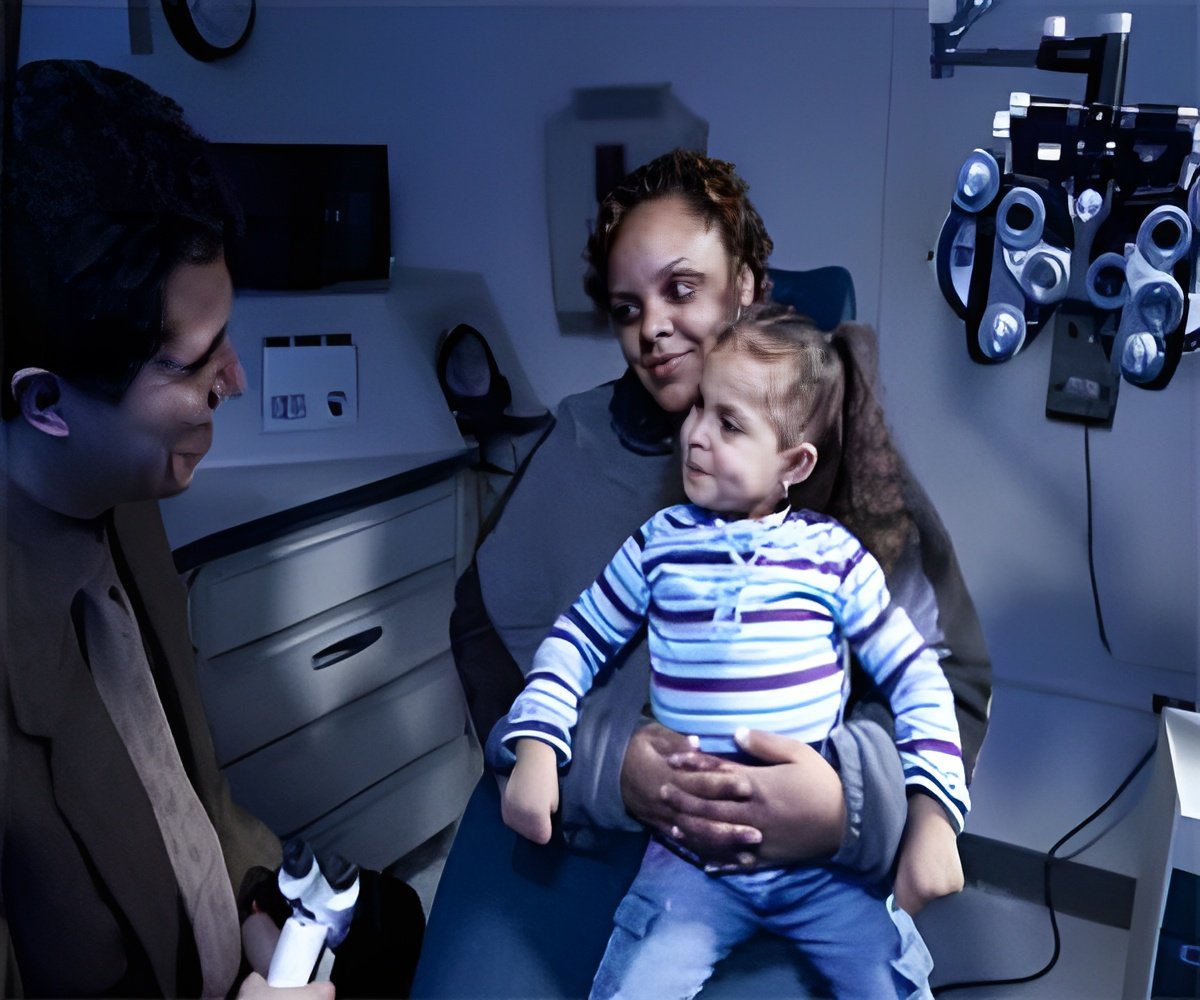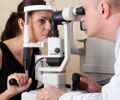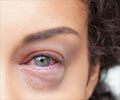
Vision Health Screening in Preschoolers: Recommendations and Best Practices
Preschool-aged children need screening for early detection of vision problems, particularly refractive error (vision problems requiring glasses), amblyopia ("lazy eye"), and strabismus (a disorder of eye alignment). Prompt diagnosis and referral to an eye care professional (optometrist or ophthalmologist) has major implications for school readiness and child development.
The recommendations are intended to guide the development of vision health screening programs in school and community settings, performed by appropriately trained lay screeners or nurses. The National Expert Panel was made up of leading professionals in optometry, ophthalmology, pediatrics, public health, and related fields.
The Panel recommends vision health screening or comprehensive eye exams for all children, between age 36 months and before age 72 months. Annual screening is defined as "best practice"; screening at least once after age three years is an "accepted minimum standard."
Certain children, including those with recognized eye or vision abnormalities, developmental disorders, and other high-risk groups, need immediate referral to an eye care professional, rather than screening. The Panel also outlines recommendations for re-screening or referral in young children who are unable or refuse to complete screening.
Advertisement
The guidelines specify acceptable screening methods, along with definitions of pass/fail screening results. The Panel identifies two "best practice" screening tests: visual acuity testing with eye charts and instrument-based testing using equipment called an autorefractor. The acuity test recommendations call for testing of one eye at a time, using specific types of vision charts and test distances. Specific models of auto-refractors with adequate supporting evidence are identified.
Advertisement
The January issue also presents an additional National Expert Panel report with recommended measures and definitions for determining vision health screening rates and appropriate follow-up for preschool-aged children. Another report proposes the establishment of integrated health information systems to help ensure quality eye care for children at the local, state, and national levels.
After publication, the recommendations will be periodically updated and posted on the website of The National Center for Children's Vision Health: http://nationalcenter.preventblindness.org/. The website also offers supporting materials and demonstrations of the vision health screening process for communities and organizations seeking to establish screening programs.
"Unfortunately, many children receive neither appropriate screening to help identify those who need immediate eye attention, nor a comprehensive examination by an eye care professional prior to beginning school," comments Anthony Adams, OD, PhD, Editor-in-Chief of Optometry and Vision Science. "These National Expert Panel reports are an important starting point for identifying vision health screening procedures and tests and definitions of expected performance measures to be tracked across the country. They also advocate the establishment of integrated health information systems, with the goal of ensuring that children with problems identified on screening tests receive appropriate, comprehensive eye examinations and follow-up care."
Source-Eurekalert












